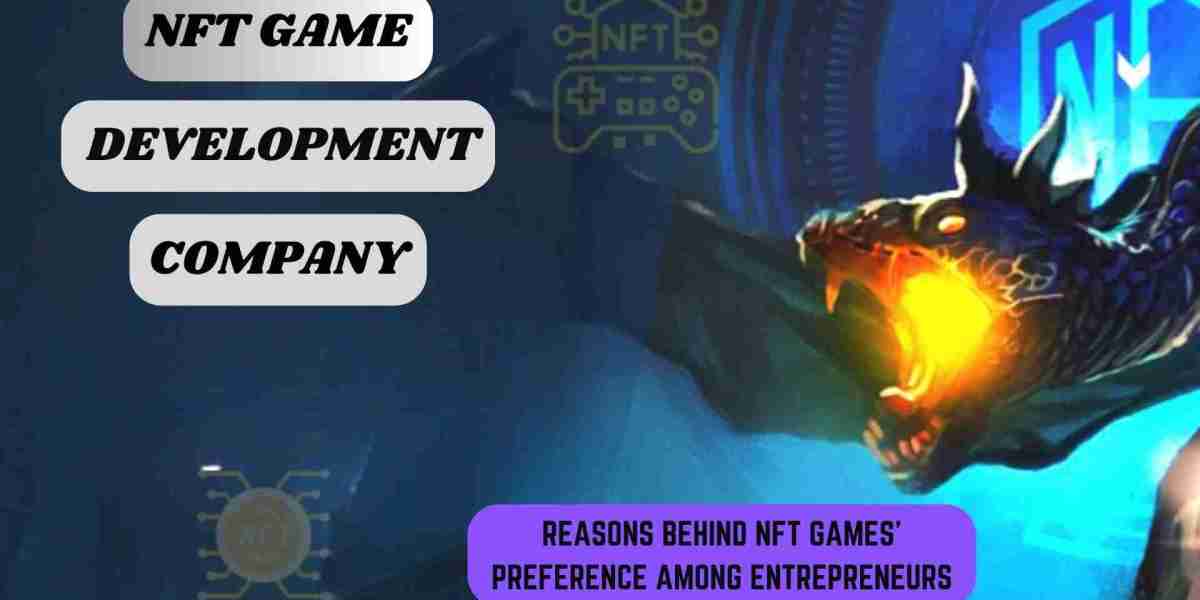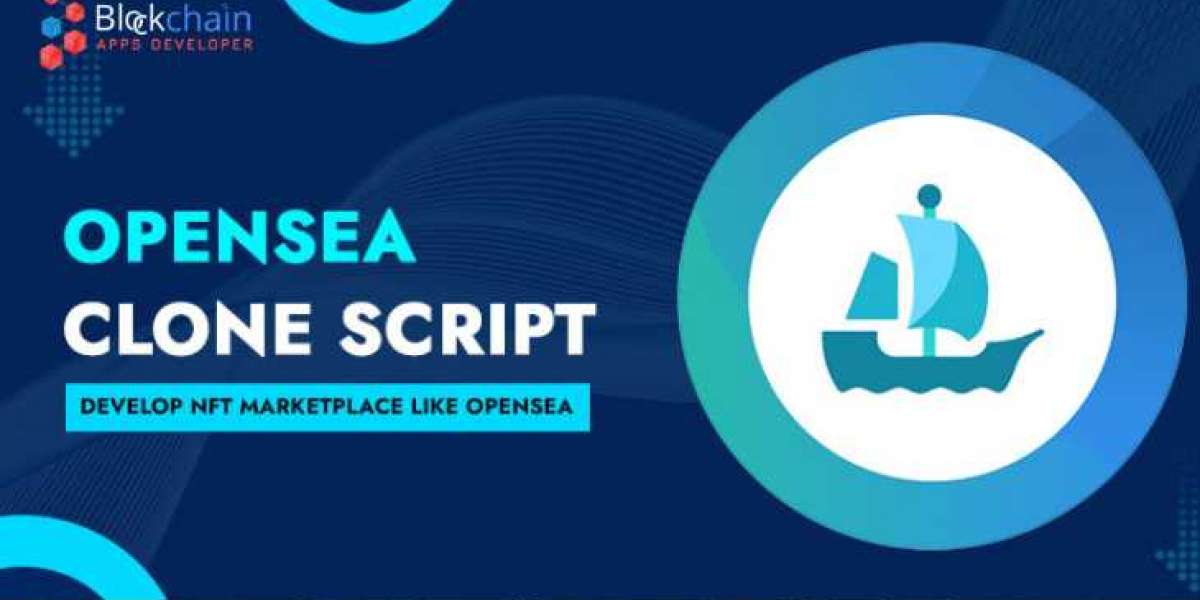Non-fungible tokens (NFTs) have revolutionized the gaming industry by radically changing users' perceptions and interactions with digital assets. This is big for players as it transforms how they see and deal with digital items. In this part, we look at why NFT games are taking over, focusing on tokenized ownership, earning while playing, and how in-game assets are decentralized. Let's reveal the reasons behind the NFT gaming revolution in simpler terms.
Tokenized Ownership
NFTs bring the idea of real ownership to in-game stuff. Players can own, sell, and trade special items, characters, making them feel a sense of ownership and rarity. This ownership model enhances player engagement and encourages a thriving in-game economy.
Play-to-Earn Mechanism
NFT games often let players make money by using their gaming skills. By earning assets that can be traded while playing, gamers can turn their hobby into a way to earn, changing the traditional gaming experience.
Interoperability Across Games
By facilitating cross-game interoperability, NFTs let players easily transfer their achievements and assets between games. This interoperability fosters a dynamic gaming ecosystem ,this feature allows players to explore different virtual worlds without losing the digital items they've earned.
Community Engagement Through Governance Tokens
NFT games use special tokens to let players have a say in how the game develops. When players hold these tokens, they get the right to vote on decisions, creating a community bond between developers and gamers.
Rarity and Scarcity
The idea that some NFTs are rare and hard to find makes gamers feel like they have something exclusive. Limited-edition NFTs and rare in-game items become highly wanted, creating demand and making the gaming community more excited.
Decentralized Ownership
The gaming community regains control over in-game assets through the implementation of NFTs, which eliminate centralized ownership. This is reflected in this decentralized ownership paradigm with blockchain principles, emphasizing fairness and inclusion.
Conclusion
The dominance of NFT games in the gaming community stems from revolutionary changes in digital asset ownership, play-to-earn opportunities, and decentralized in-game assets. NFTs redefine how players engage with virtual items, introducing true ownership, the chance to earn real money through gameplay, and seamless asset transfer across games. Community involvement through governance tokens enhances player collaboration, while rarity and scarcity fuel excitement. The decentralized ownership model aligns with blockchain principles, ensuring fairness and inclusivity. For entrepreneurs, entering this NFT gaming realm requires collaboration with an experienced NFT Game Development Company to navigate the evolving landscape and create a successful gaming venture.








